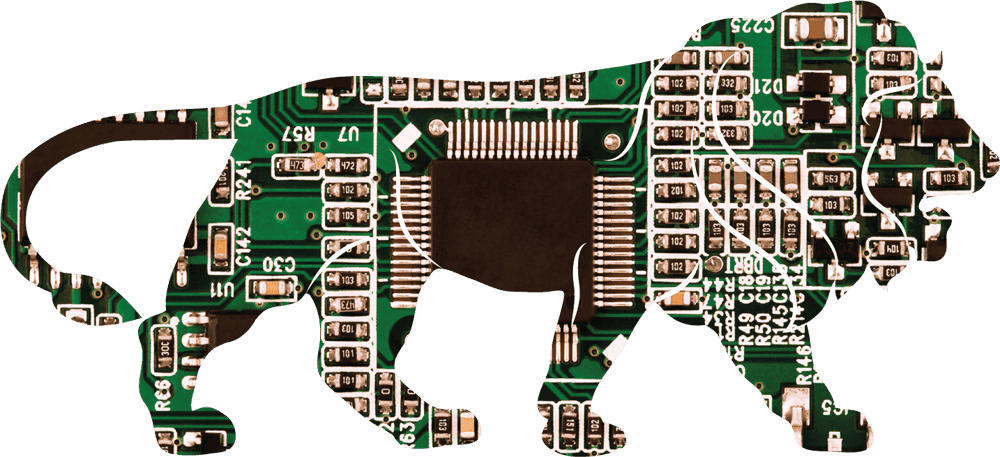Control Panel Assembly and Testing
Control Panel Assembly and Testing

A panel is an essential component of many industrial and commercial systems, from manufacturing plants and power stations to building automation and security systems. It is a centralized interface that allows operators to monitor and control the various components and processes of a system. The panel typically consists of a control board or cabinet that houses various electrical components, including switches, relays, transformers, and circuit breakers. It may also include indicators, meters, and displays that provide real-time information about the status of the system. One of the key functions of a control panel is to provide a centralized location for operators to monitor and control the various components and processes of a system. This can include controlling the speed and direction of motors, adjusting the temperature and pressure of a system, and monitoring the status of sensors and other devices. In addition to controlling the system, the control panel also provides a way to troubleshoot and diagnose problems when they occur. Operators can use the indicators and displays to identify the source of an issue and take corrective action, such as resetting a circuit breaker or replacing a faulty component. Another important aspect of a control panel is its safety features. Many systems require multiple levels of safety measures to ensure that operators and equipment are protected from harm. The control panel can include safety features such as emergency stop buttons, interlocks, and alarms that alert operators to potential hazards. Control panels are also important for system efficiency and optimization. By monitoring and controlling various processes and components, operators can optimize the performance of the system and reduce energy consumption, leading to cost savings and increased productivity. When designing a control panel, several factors must be considered, including the size and complexity of the system, the types of components and processes involved, and the safety and regulatory requirements. A well-designed control panel will be easy to operate, reliable, and efficient, and will meet all relevant safety standards and regulations. In conclusion, control panels are an essential component of many industrial and commercial systems, providing a centralized interface for monitoring and controlling various processes and components. They play a critical role in ensuring system safety, efficiency, and optimization, and must be designed with careful consideration of system requirements and safety standards.
